From Illuminated Manuscripts, via Incunabula to First Editions
veer
17 years ago
Related Stories
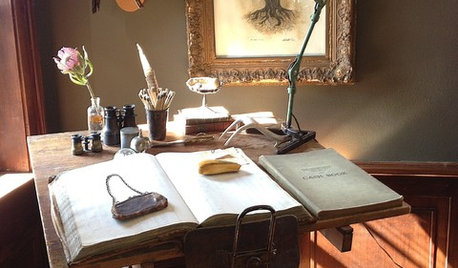
HOME OFFICESPhoto Flip: 95 Deskscape Dazzlers
Whether you work from home or just need a stylish space in which to pay the bills, these office spaces make the grade
Full Story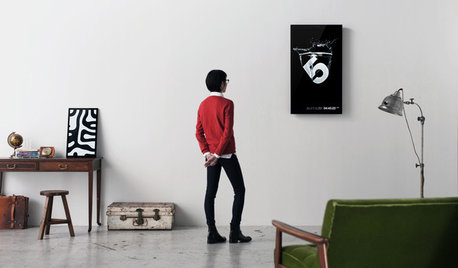
ARTNew Digital Art Frame Gets Put to the Test
Our writer sets up the EO1 at home, then invites artist friends over for a look — at images of their own work. See what they have to say
Full Story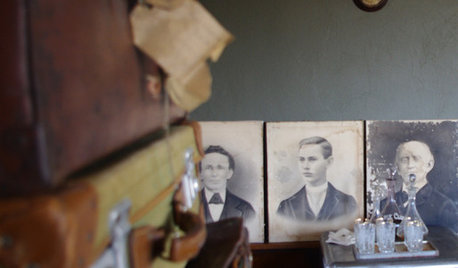
DECORATING PROJECTSWhat to Do With Old Family Photos
Find out how to research, share and preserve images that offer a connection to the past
Full Story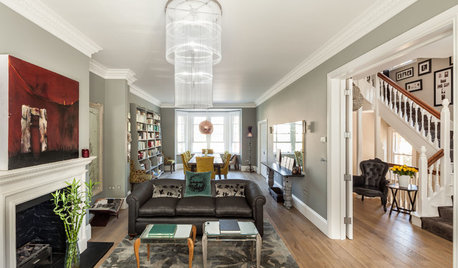
ECLECTIC HOMESHouzz Tour: A New Look for Former Student Digs
An ill-treated Victorian in England becomes a more open, extended and aesthetically appealing family home
Full Story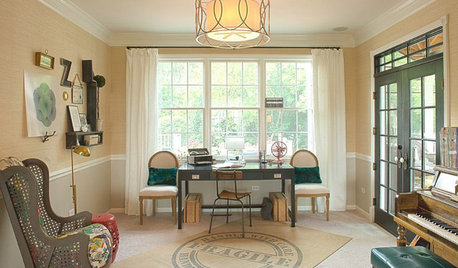
KIDS’ SPACESWho Says a Dining Room Has to Be a Dining Room?
Chucking the builder’s floor plan, a family reassigns rooms to work better for their needs
Full Story
ARCHITECTUREDesign Workshop: 9 Ways to Open a House to the Outdoors
Explore some of the best ideas in indoor-outdoor living — and how to make the transitions work for both home and landscape
Full Story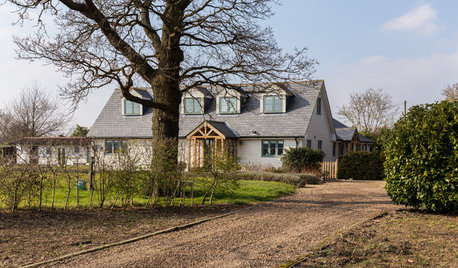
HOMES AROUND THE WORLDMy Houzz: Author Makes Her Home in a Quiet Corner of Hertfordshire
British novelist Freya North refreshes a dated bungalow to create an idyllic country home for her family
Full Story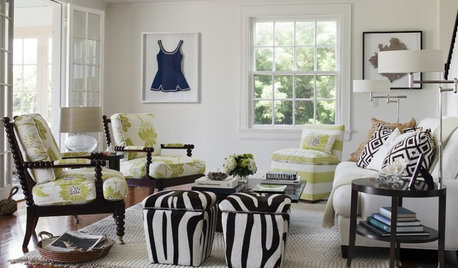
DECORATING GUIDESHere's How to Steer Clear of 10 Top Design Don'ts
Get interiors that look professionally styled even if you're taking the DIY route, by avoiding these common mistakes
Full Story
HOUZZ TOURSMy Houzz: Turning a Netherlands Barn Into a Country Home
Once a place for chilling milk, this Dutch home now lets the owners chill out in easygoing comfort
Full Story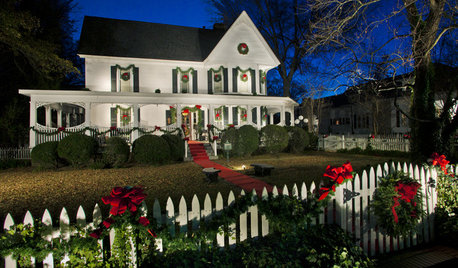
HOLIDAYSSurviving the Christmas Countdown: A Parent's Guide
Make things easier on yourself, for heaven's sake — and for the sake of truly enjoying the holiday with your family
Full Story


cindydavid4
woodnymph2_gw
Related Discussions
Ordered Shiranui/Sumo/Dekopon From Harris Citrus
Q
LED users: advice from your experience
Q
Letter from Social Security. Whaaat?
Q
What are we reading? August 2020 edition
Q
veerOriginal Author
friedag
cindydavid4
friedag
veerOriginal Author
woodnymph2_gw
ginny12
veerOriginal Author
ginny12
woodnymph2_gw
cindydavid4
Kath
friedag
ccrdmrbks
Kath
bookmom41
woodnymph2_gw
cindydavid4
ginny12
sheriz6
veerOriginal Author
cindydavid4
sherwood38
friedag
Kath
veerOriginal Author
bookmom41
veerOriginal Author
cindydavid4
sherwood38
friedag
veerOriginal Author
bookmom41
mwoods
sheriz6
cindydavid4
woodnymph2_gw
friedag
carolyn_ky
cindydavid4
friedag
veerOriginal Author
ccrdmrbks
venusia_
bookmom41
woodnymph2_gw
carolyn_ky
georgia_peach